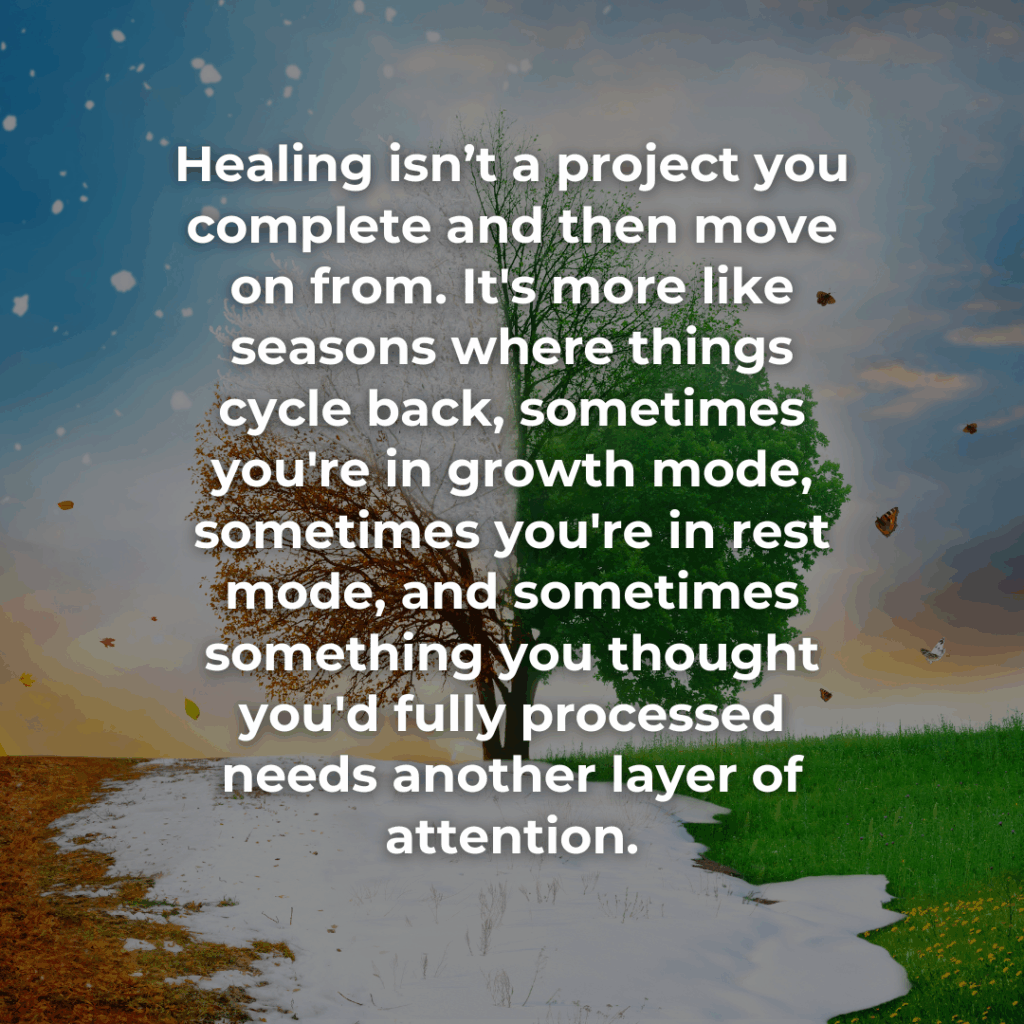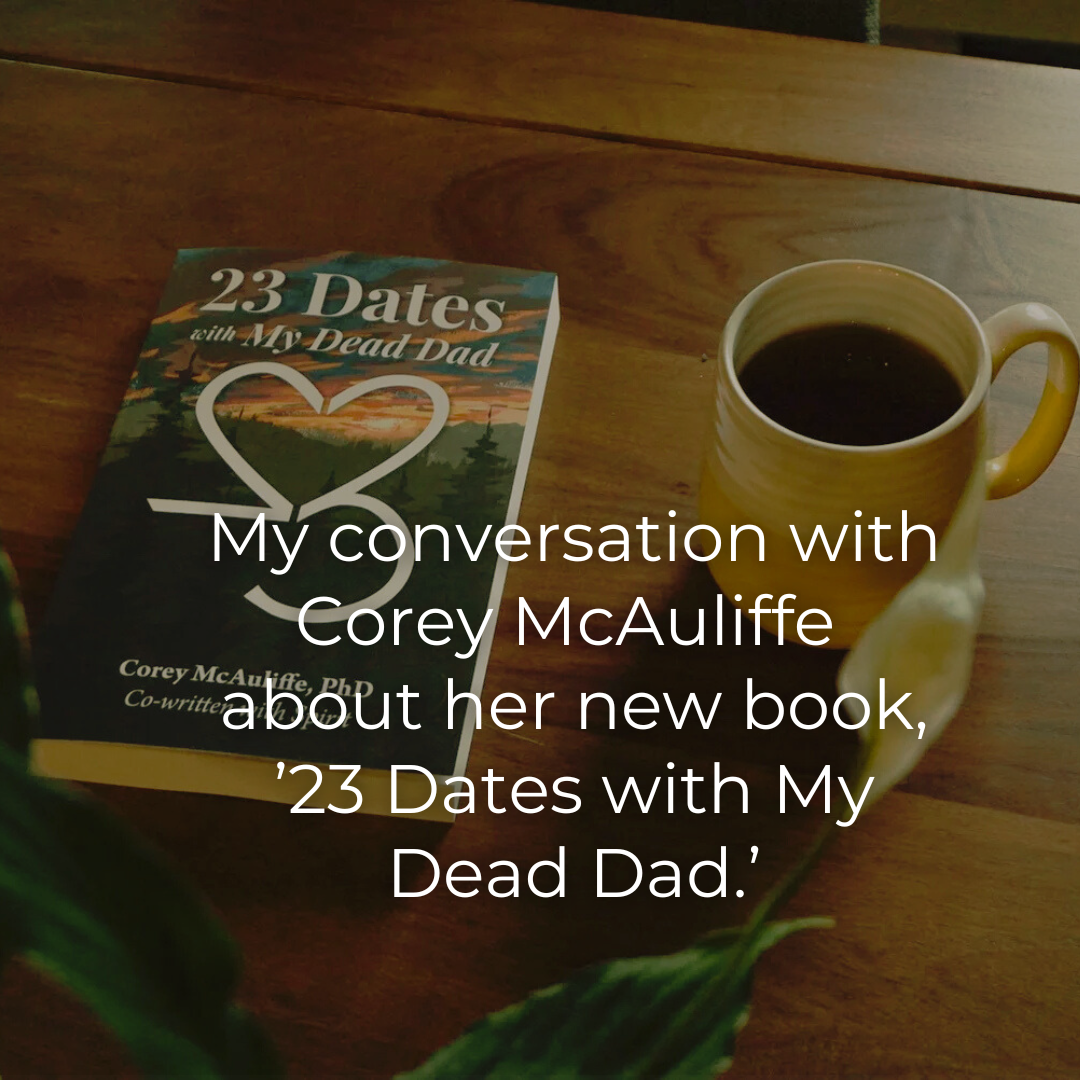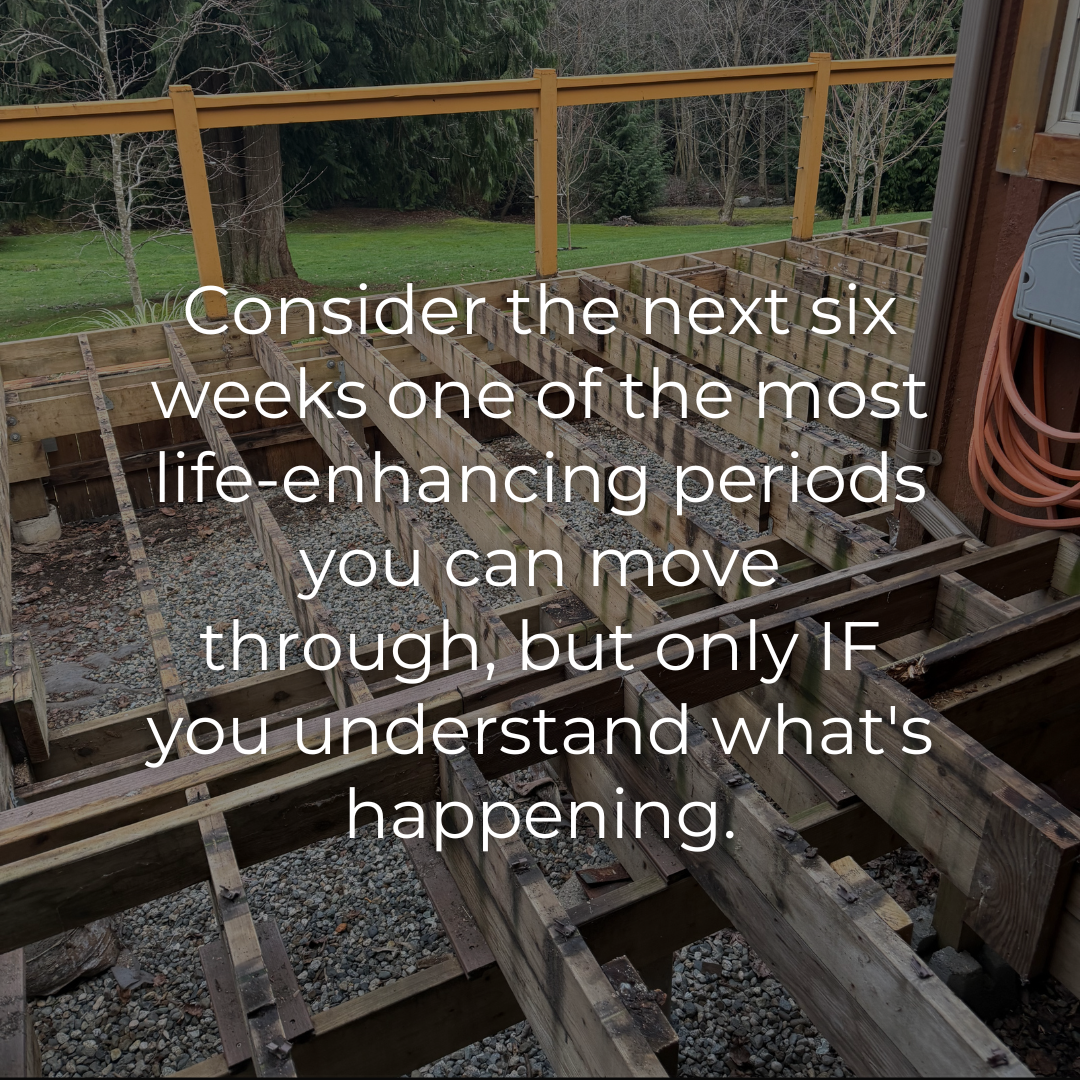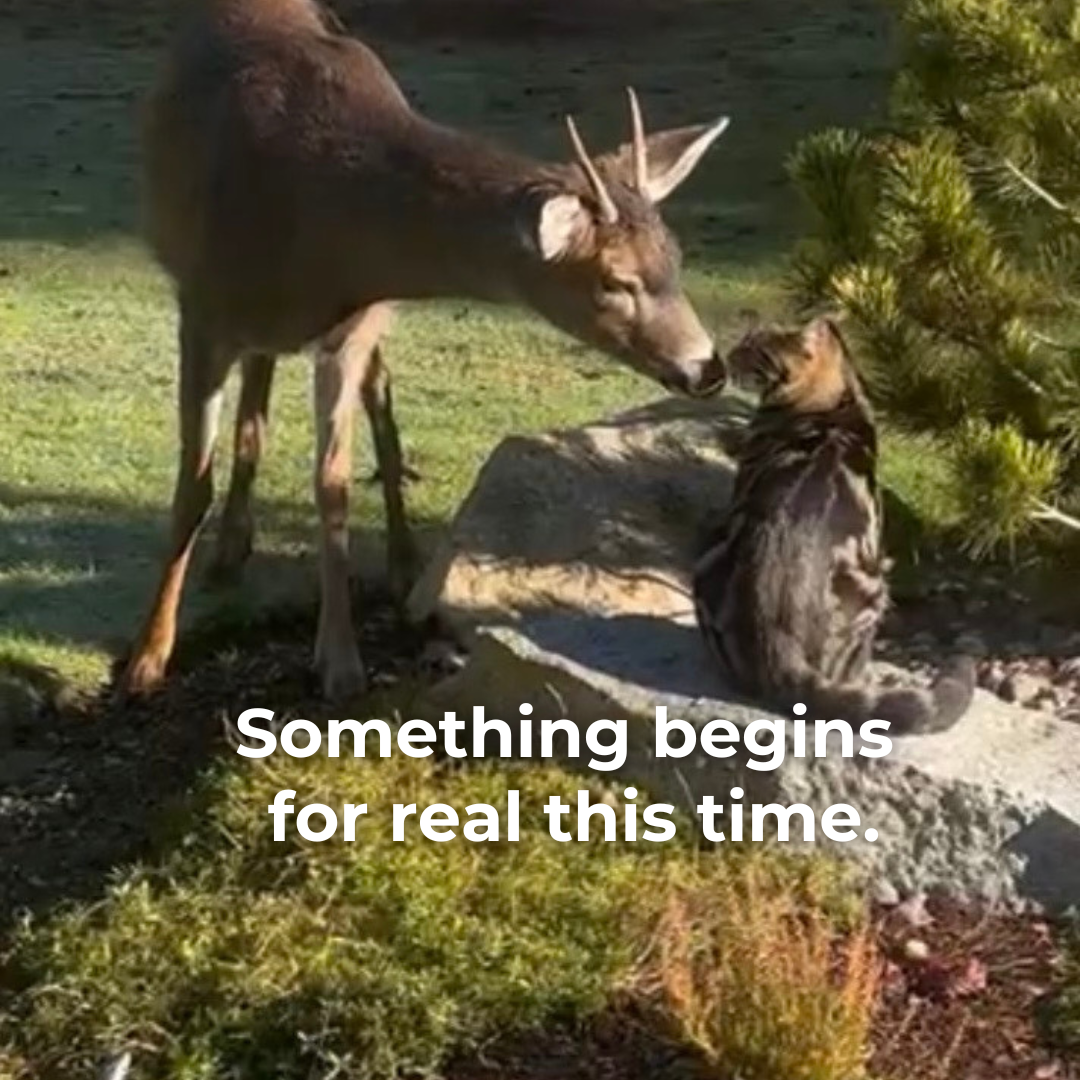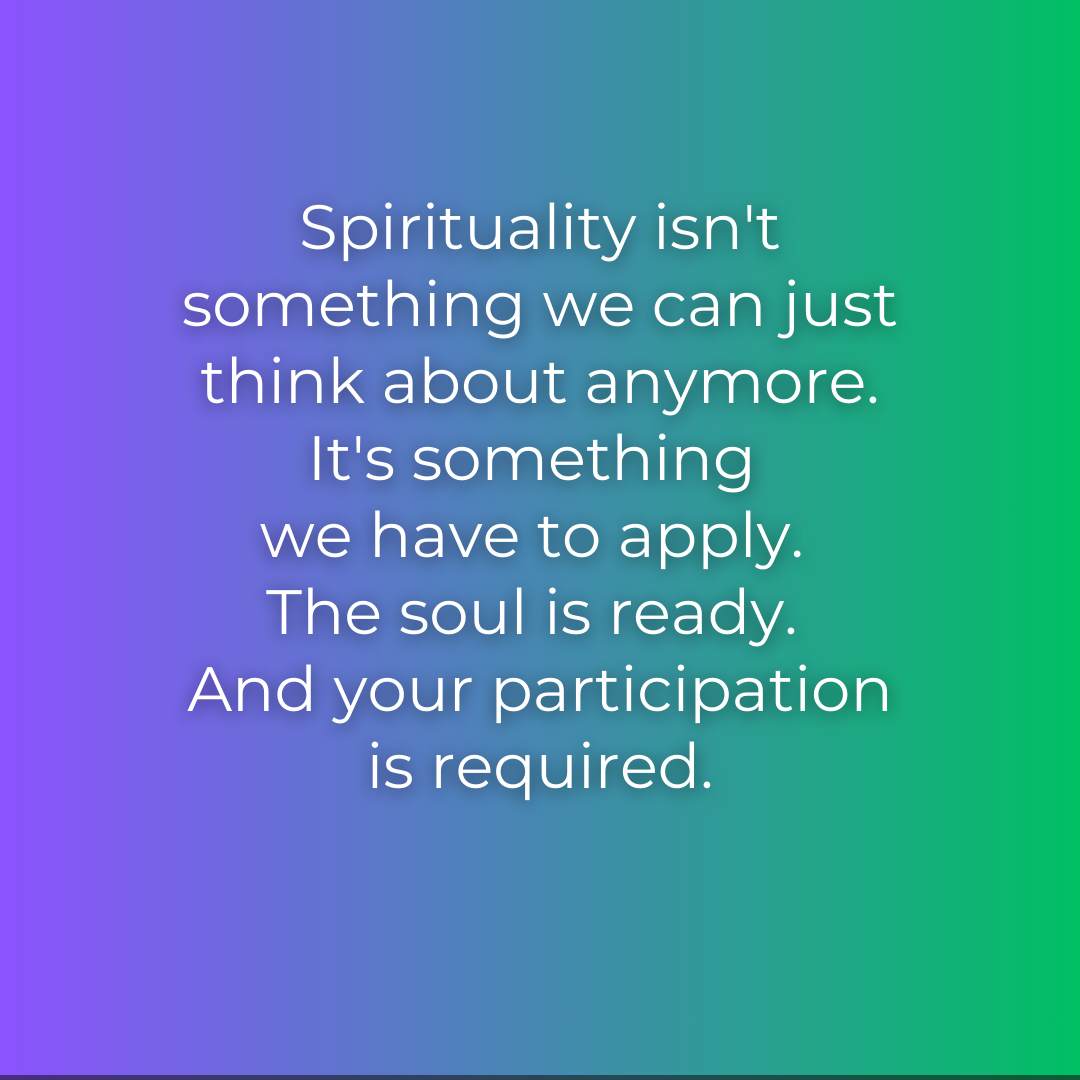Musings on closure, triggers, and why healing doesn’t look like what Instagram promised.
I’ve been thinking about two beliefs that show up constantly in my work, usually within the same session, sometimes within the same sentence. They’re related, they’re both limiting, and they’re keeping a lot of people stuck in ways that feel like healing but are actually just new forms of self-judgment.
Let’s bust ‘em.
Myth #1: You need closure to move forward
This one’s everywhere. The belief that healing needs a neat ending like an apology you’ll never get, a final conversation that brings understanding, or some definitive moment where everything clicks into place and you can finally file that chapter away as “complete.”
But what I’ve learned from decades of working with grief, loss, and other unresolved endings is that some chapters don’t close. They don’t get tied up with neat bows. The person who hurt you might never understand what they did. The relationship that ended badly might never make sense. And the questions you’re carrying might not have answers in this lifetime.
And you can move forward anyway.
Moving forward doesn’t mean the past stops mattering. It also doesn’t mean you’ve processed it perfectly or forgiven completely or achieved some zen-like acceptance. It means you’ve learned to carry the open-endedness without letting it define your present.
Think of closure as a luxury, not a requirement. I have found that the most essential healing happens when you stop waiting for permission from the past to live your future.
Myth #2: If you’re still triggered, you haven’t done the work
This one’s particularly insidious because it masquerades as spiritual maturity. There’s a belief that if you’ve really healed, really done your inner work, really integrated your trauma, then nothing should bother you anymore. You should be unshakeable, unflappable, and beyond being affected by the very human experience of having emotional responses.
But being triggered is evidence of being alive and responsive to your environment.
And really, the work isn’t about becoming untriggerable. That’s not healing, anyway. That’s dissociation with better marketing.
The work is about changing your relationship to what triggers you. Recognizing what’s happening faster, having more tools to work with it, and being able to distinguish between past and present more quickly.
You can be years into your healing and still have moments that knock you sideways. That doesn’t mean you’re back at square one. It means you’re human, with a nervous system that remembers things your mind has processed, and with wounds that sometimes ache even after they’ve healed.
Why these myths are connected
Both of these beliefs rest on the same faulty foundation idea that healing has a finish line. That there’s some point where you’re “done,” where the past stops having any claim on you, and where you’ve transcended the messy reality of being human.
But the soul doesn’t work that way, and healing isn’t linear. Healing isn’t a project you complete and then move on from. It’s more like seasons where things cycle back, sometimes you’re in growth mode, sometimes you’re in rest mode, and sometimes something you thought you’d fully processed needs another layer of attention.
And that’s more depth than failure.
The alternative
So, instead of waiting for closure, what if you got curious about what it means to live with open questions? What if you stopped judging yourself for still being affected by things that mattered, and started appreciating that your capacity to be moved is actually a sign of your aliveness?
What if the goal wasn’t to become invulnerable, but to become more skilled at being vulnerable? You know, not to stop having triggers, but to get better at meeting yourself when you’re triggered?
That’s the work. The real work. It’s not the fantasy of transcending your humanity, but the practice of being more compassionate with it.
Some chapters stay open. And some wounds occasionally ache. But you get to build a beautiful life anyway, not despite these things, but while holding them.
I have deep appreciation for all the imperfect, still-healing, occasionally-triggered souls doing the real work, like myself.
PS: If you’ve been beating yourself up for not being “over it” yet, or for still having reactions to things you thought you’d healed from, consider this your permission to stop. The work you’re doing matters, even when it doesn’t look like the tidy transformation stories you see online. And if you need someone patient and kind who understands the non-linear nature of this work, someone who can walk beside you through the spiral rather than expecting you to climb a straight ladder, that’s exactly what my Unlimited offering is built for.
